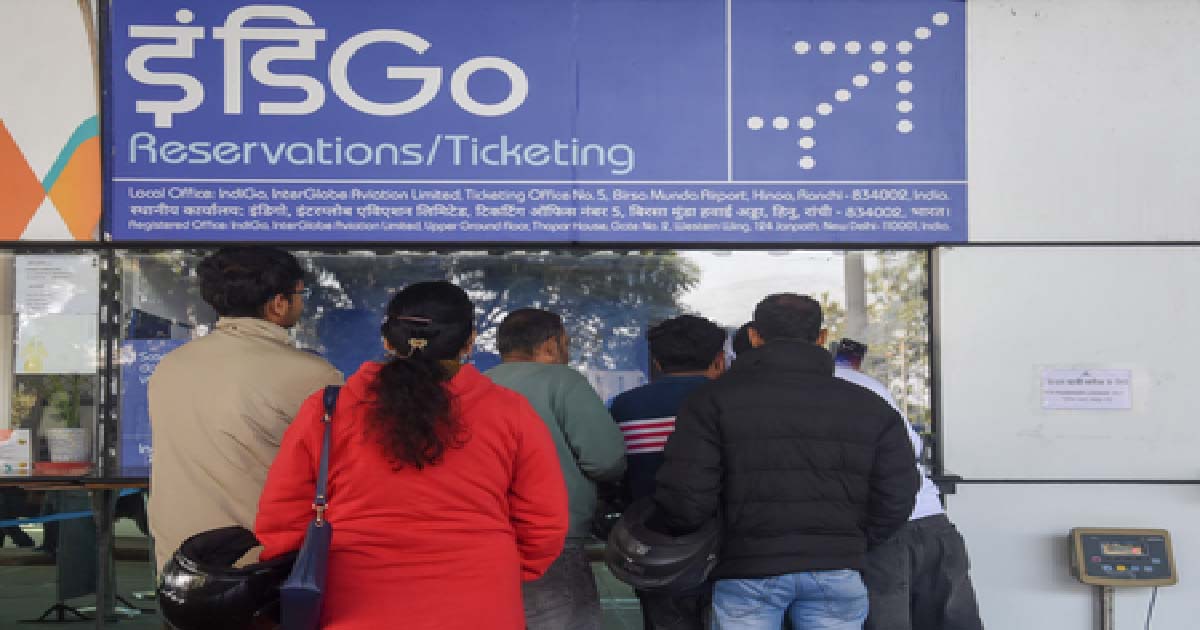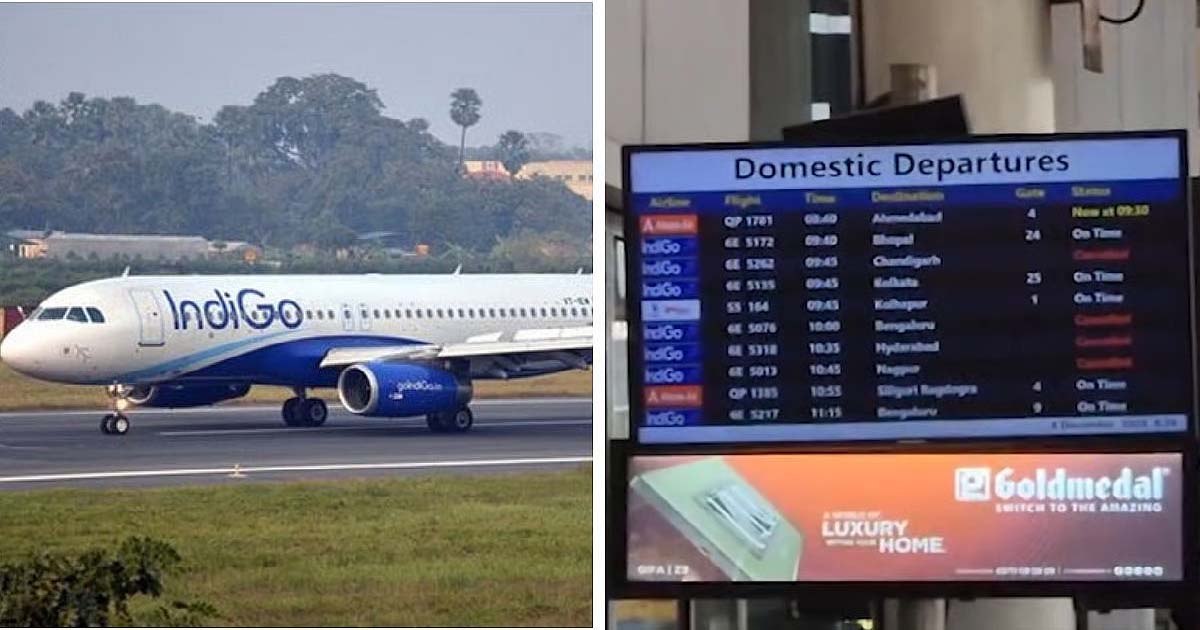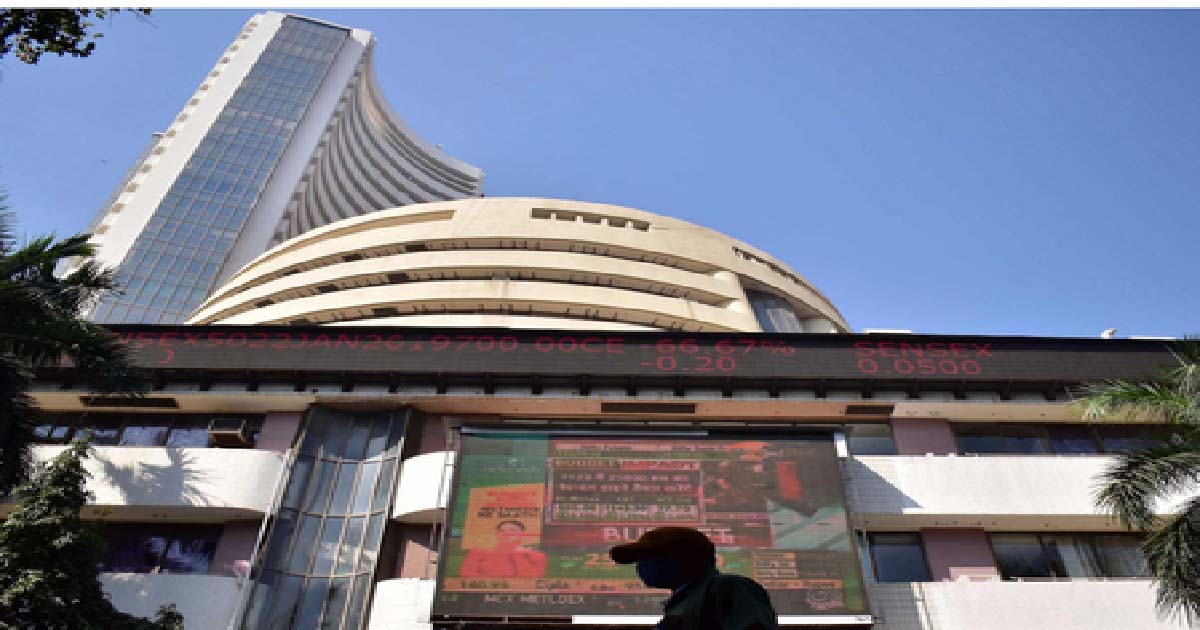Business
‘TN govt may get into reform mode after local body polls’

The DMK-led Tamil Nadu government may get into reform mode post the local body elections likely to be held by the end of 2021, say party leaders and industry experts.
“Though a white paper on the Tamil Nadu government finances spoke about the necessity to hike tax rates and other things for those who can bear it, the state budget that was presented was a usual one. Perhaps the state government may get into reform mode after the local body elections,” K.C. Palanisamy, former AIADMK MP and MLA, told IANS.
Palanisamy said the local body elections may be held before the end of 2021 or February 2022.
Finance Minister Palanivel Thiaga Rajan after declaring ‘once in a generation reforms a must’ and ‘business as usual’ approach cannot continue while presenting the white paper on the state government’s finances, came out with a relatively populist budget.
As per the white paper, reforms/restructuring in state government undertakings, statutory boards, power utilities, mobilisation of tax revenues, mode of subsidy deliveries were on the cards.
“As a debutant Finance Minister, he might have taken a soft approach with his first budget which is an interim budget,” Palanisamy said.
Industry experts said Finance Minister Rajan’s budget is nothing but a status quo or an extension of the previous AIADMK government’s budget.
“The white paper set the expectation that the Finance Minister will provide a reform budget to reduce the state debt. One could agree that he needed more time to come up with the actual reforms but least expected was the transformation roadmap, a timeline,” Sriram Seshadri, Founder and Managing Partner, Disha Consulting and formerly Partner and Managing Director, Accenture India, told IANS.
According to him, a white paper lays down the problem, analysis, probable solution.
On the other hand, the government’s white paper laid out the problem statement which was well known and the expectations were there on reform proposals in the budget which surprisingly did not happen, Seshadri said.
“As an economist, I feel satisfied that the budget didn’t provide for any of the poll promises. For an economist the white paper gave an expectation that there would be a reform and transformation roadmap but the budget was disappointing,” he added.
According to him, nothing was there in the budget for beefing up the state revenues while the debt was increasing.
“Tamil Nadu will cross the debt of Rs six lakh crore mark by 2021 end. Only solace is during the budget discussions in the state Assembly, the Finance Minister has said some of the poll promises will not be met such as revising the old pension scheme for government employees,” Seshadri added.
He said if there is a reform agenda with the DMK government it has to be rolled out soon and not wait for the next year’s budget.
However, he agreed that the government will take some reform steps mainly targeted subsidies to poor sections of the society, refine the rules for ration cards and revenue optimisation initiatives like tax reforms.
“Already Tamil Nadu’s economy is the fourth largest in the country and will slip to fifth or sixth place soon. Hence, the state should regain the momentum, cut the red tape and enable ease of doing business both in MSME and large industries,” Seshadri said.
While the government’s popularity endures it should take some tough decisions to reduce government spending, disinvestment and make announcements to attract investment, he said.
“Sterlite Copper (copper smelter unit of Vedanta Ltd in Tuticorin) closure is one of the stumbling blocks for investors to invest in a big way because there is no guarantee to their investment. The government should enable reopening of Sterlite within the guidelines of the pollution control norms. Likewise closely monitor to optimize revenue on the natural resources, mining and sand. The government gets less than Rs 1,000 crore revenue whereas the potential is much higher,” he added.
However, the signs of change in the government are seen in the budget by not implementing its populist poll promises like Rs 1,000 per month dole to the female head of the family.
“Instead the government had decided to conduct a study to identify eligible beneficiaries. This move is new as in the past the state government used to disburse financial assistance for almost all ration card holders,” K. Puhazhendi, Director, Perfint Healthcare, told IANS.
Referring to Rajan’s statement that the governance will be data-based, Puhazhendi said the government can mine data available in its own departments/municipal corporations.
The smart ration cards are linked with Aadhar cards.
Puhazendhi said the government employees themselves form a big database so that undeserved subsidies can be stopped.
“Data on property taxpayers, land owners, vehicle registrations, power consumers, ration card holders, data about government employees, shops and business establishments, factories and other data are available with different departments,” Puhazhendi said.
The government can collate and gather from the people with help of door-to-door data gathering. This could be a starting point to build a database and target the subsidies and other government schemes, he added.
Stressing that the government’s focus should be on making each department, municipal corporations self-financing, Puhazhendi called for a freeze on government hiring and investment should be made in information technology systems to digitise the services.
It is high time the state government goes in for public-private partnership in the tourism sector. The state government owns several hotel properties which are in need of private investment and management.
Business
IndiGo disruptions may cause revenue loss, penalties to company: Report

New Delhi, Dec 8: Widespread flight disruptions at IndiGo are credit negative, and refunds and compensation could cause it “significant financial damage”, credit rating agency Moody’s warned on Monday.
In a note, Moody’s said that regulatory penalties from the Directorate General of Civil Aviation (DGCA) remain possible as the airline failed to plan for aviation rules communicated over a year earlier.
The crisis struck as the airlines entered their peak winter schedule, with “significant lapses in planning, oversight and resource management” as the Phase 2 of the Flight Duty Time Limitation (FDTL) rules were introduced on November 1, 2025, after being communicated more than a year earlier, it noted.
The rules reclassified midnight–6 a.m. duties as night duty and cut permissible landings in 24 hours from six to two or three. The agency said that IndiGo’s lean operating model lacked resilience to integrate the change, forcing a system‑wide schedule reset.
Over 1,600 flights were cancelled on December 5, and over 1,200 were grounded in November, with cancellations beginning on December 2. Moody’s said IndiGo is yet to fully restore normal operations.
IndiGo said it was set to operate over 1,800 flights on Monday, up from 1,650 on Sunday, adding that more than 4,500 bags have been delivered to respective customers, and “we are on track to deliver the rest in the next 36 hours”.
The airline said it expects a return to full schedules by mid-December, adding that it is working “round the clock” to normalise operations.
It has so far refunded Rs 827 crore to affected passengers, and the rest is under process for cancellations up to December 15.
Union Civil Aviation Minister K. Rammohan Naidu said in the Parliament on Monday that the government has initiated a thorough inquiry into the matter.
“IndiGo was supposed to manage the crew and roster…We will take strict action. We will set an example for every airline. If there is any non-compliance, we will take action,” he said on the floor of the Rajya Sabha.
Business
IndiGo Crisis Day 7: Mumbai Feels The Heat As Week-Long Flight Issues Deepen Nationwide; 32 Cancellations Reported Today

Mumbai: air travel schedule remained heavily disrupted on Monday as IndiGo’s nationwide operational meltdown stretched into its seventh straight day, causing widespread cancellations across major Indian airports. While the crisis has affected passengers throughout the country, Mumbai, one of IndiGo’s busiest hubs, continued to witness major cancellations that derailed travel plans from early morning.
By 7 am, Mumbai’s Chhatrapati Shivaji Maharaj International Airport had recorded 32 IndiGo cancellations, 10 arrivals and 22 departures, impacting key routes to Chandigarh, Nagpur, Bengaluru, Hyderabad, Goa, Darbhanga, Kolkata and Bhubaneswar. Airport officials said the ripple effect of the disruptions was expected to continue through the day, adding to the nationwide tally of 309 flights impacted by Monday morning.
Across India, more than 224 cancellations were pre-planned and communicated to passengers, officials confirmed, as the airline attempted to manage the crisis strategically. IndiGo had reportedly begun processing 100 per cent refunds for passengers booked up to December 6, even as fresh cancellations continued to pile up.
Delhi’s Indira Gandhi International Airport reported the highest number of disruptions, with 134 IndiGo flights cancelled, 75 departures and 59 arrivals, making it the epicentre of the crisis. In response, the airport issued a public advisory urging passengers to check real-time flight status before heading out. Authorities said they were coordinating with airline teams to minimise chaos inside terminals.
Bengaluru’s Kempegowda International Airport confirmed 127 cancellations, 65 arrivals and 62 departures. Officials said the next status update would be provided later in the evening. Hyderabad’s Rajiv Gandhi International Airport recorded 77 disruptions, splitting between 38 arrivals and 39 departures.
At Srinagar Airport, 16 flights (8 arrivals and 8 departures) were cancelled, while Ahmedabad reported 18 cancellations by 8 am. Passenger crowds were also reported at terminals in Chennai, Jaipur and Mumbai, where many travellers waited for updates amid confusion.
Amid the escalating crisis, aviation regulator DGCA granted IndiGo CEO Pieter Elbers and COO Isidro Porqueras a one-time extension until 6 pm Monday to respond to the show-cause notice issued on December 6. The airline sought extra time citing “operational constraints linked to the scale of nationwide disruptions.” The DGCA, however, warned that no further extension will be granted, and said it would proceed ex parte if the reply is not submitted on time.
Business
Sensex, Nifty open lower amid lack of domestic triggers

Mumbai, Dec 8: Indian stock markets started the week on a weak note on Monday as benchmark indices opened lower in the absence of strong domestic cues.
The Sensex slipped by 93 points, or 0.11 per cent, to trade around 85,619. The Nifty also drifted lower and was seen at 26,137, down 50 points or 0.19 per cent.
Analysts said that Nifty is expected to trade within a defined range today, with near-term resistance placed around 26,300-26,350, where profit-booking may emerge.
“On the downside, support is seen around 26,000-26,050, a zone that has held firm through recent consolidation,” experts said.
Several heavyweight stocks dragged the indices in early trade. Shares of Bajaj Finance, BEL, NTPC, Asian Paints, Power Grid, Trent, Sun Pharma, and ICICI Bank were among the biggest losers on the Sensex.
At the same time, some major technology and auto names helped limit the downside. Eternal, Tech Mahindra, TCS, Tata Motors PV, Infosys, HCL Tech and Tata Steel were the top gainers.
The broader market also showed signs of pressure. The Nifty MidCap index slipped 0.12 per cent, while the Nifty SmallCap index fell more sharply, declining 0.40 per cent.
Sector-wise, real estate, public sector banks, and pharmaceutical stocks were under the most selling pressure, with the Nifty Realty, PSU Bank, and Pharma indices falling between 0.3 per cent and 0.5 per cent.
On the other hand, the Nifty IT index managed to rise 0.5 per cent, supported by gains in large tech stocks. The Nifty Metal index also inched up by 0.2 per cent.
Analysts said that the market mood remained cautious in early trading as investors awaited fresh triggers to set the direction for the day.
“Given the prevailing conditions, a buy-on-dips strategy remains appropriate. Traders may consider adding long positions if Nifty pulls back toward 26,000-26,050 or if Bank Nifty finds stability above 59,400,” market watchers added.
-

 Crime3 years ago
Crime3 years agoClass 10 student jumps to death in Jaipur
-

 Maharashtra1 year ago
Maharashtra1 year agoMumbai Local Train Update: Central Railway’s New Timetable Comes Into Effect; Check Full List Of Revised Timings & Stations
-

 Maharashtra1 year ago
Maharashtra1 year agoMumbai To Go Toll-Free Tonight! Maharashtra Govt Announces Complete Toll Waiver For Light Motor Vehicles At All 5 Entry Points Of City
-

 Maharashtra1 year ago
Maharashtra1 year agoFalse photo of Imtiaz Jaleel’s rally, exposing the fooling conspiracy
-

 National News1 year ago
National News1 year agoMinistry of Railways rolls out Special Drive 4.0 with focus on digitisation, cleanliness, inclusiveness and grievance redressal
-

 Maharashtra1 year ago
Maharashtra1 year agoMaharashtra Elections 2024: Mumbai Metro & BEST Services Extended Till Midnight On Voting Day
-

 National News1 year ago
National News1 year agoJ&K: 4 Jawans Killed, 28 Injured After Bus Carrying BSF Personnel For Poll Duty Falls Into Gorge In Budgam; Terrifying Visuals Surface
-

 Crime1 year ago
Crime1 year agoBaba Siddique Murder: Mumbai Police Unable To Get Lawrence Bishnoi Custody Due To Home Ministry Order, Says Report
















